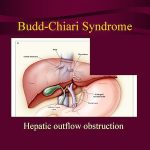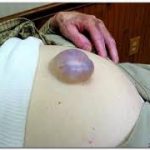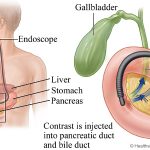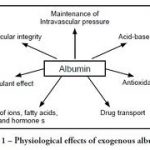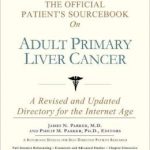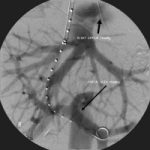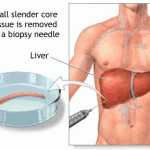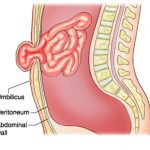What Is?
What is Budd-Chiari Syndrome?
Hepatic vein obstruction (Budd-Chiari) Hepatic vein obstruction is a blockage of the hepatic vein, which carries blood away from the liver. Causes Hepatic vein obstruction prevents blood from flowing out of the liver and back to the heart. This blockage can cause liver damage. Obstruction of this vein can be caused by a tumor or…
Read MoreWhat Is Bilirubin?
What Is Bilirubin? >Bilirubin is a breakdown product of hemaglobin, the substance in blood that carries oxygen. Normally when blood cells become old they are trapped and destroyed by the spleen. When this occurs, the hemaglobin must be broken down in the liver to bilirubin in order to be disposed of. Bilirubin is eventually excreted…
Read MoreWhat is Autoimmune Hepatitis?
What is Autoimmune Hepatitis? Autoimmune Hepatitis is a disease in which the body’s immune system attacks the liver cells. Like Ulcerative Colitis, and other autoimmune diseases, Autoimmune Hepatits causes inflammation of the affected organ. If left untreated over time, this disease can lead to cirrhosis pf the liver, and eventually liver failure. This chronic condition…
Read MoreWhat is an Umbilical Hernia?
What is an Umbilical Hernia? Hernias, openings in the abdominal wall, are common in patients with ascites because of the pressure exerted by the fluid on the abdomen. The navel may be pushed out due to an umbilical hernia. Hernia repair should be done only by surgeons experienced in treating cirrhosis patients, the American College…
Read MoreWhat is an ERCP?
What is an ERCP? ERCP (short for endoscopic retrograde cholangiopancreatography) is a procedure used to diagnose diseases of the gallbladder, bile system, pancreas, and liver. In addition, ERCP can often be used to treat problems in these parts of the digestive system. What happens during the procedure? During the procedure, an endoscopist, usually a gastroenterologist…
Read MoreWhat is Albumin?
What is Albumin? Albumin is a protein manufactured by the liver. What does albumin do? Albumin performs many functions including maintaining the “osmotic pressure” that causes fluid to remain within the blood stream instead of leaking out into the tissues. What causes albumin to be low? Liver disease, kidney disease, and malnutrition are the major…
Read MoreWhat Is Adult primary liver cancer?
What Is Adult primary liver cancer? Adult primary liver cancer is a disease in which cancer (malignant) cells start to grow in the tissues of the liver. The liver is one of the largest organs in the body, filling the upper right side of the abdomen and protected by the rib cage. The liver has…
Read MoreWhat is a Transjugular Intrahepatic Portosystemic Shunt (TIPS)?
What is a TIPS? A transjugular intrahepatic portosystemic shunt (TIPS) is a small, tubular metal device commonly called a stent that is placed in veins in the middle of the liver to improve blood flow to and from the organ. In a TIPS procedure, interventional radiologists use image guidance to make a tunnel through the…
Read MoreWhat is a Liver Biopsy?
What is a Liver Biopsy? Liver biopsy is a diagnostic procedure used to obtain a small amount of liver tissue, which can be examined under a microscope to help identify the cause or stage of liver disease. What Are The Different Ways Liver Biopsy Can Be Performed? The most common way a liver sample is…
Read MoreWhat is a hernia?
What is a hernia? A hernia is a hole in the abdominal wall. This hole allows the protrusion of a structure that is supposed to be within the abdomen. The structure that protrudes can be some fat, a loop of intestine, the appendix, an ovary, or part of the bladder. Hernias of the abdominal wall…
Read More